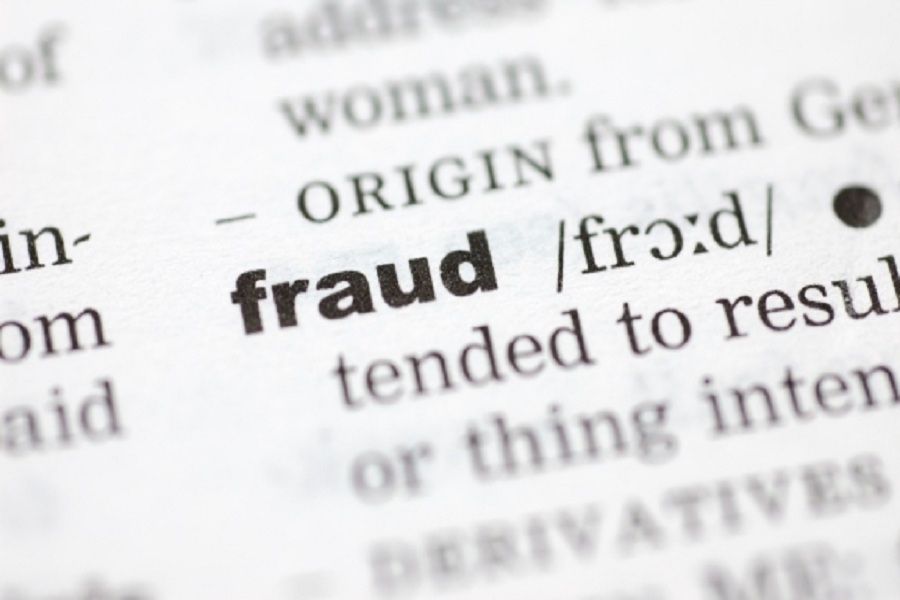Odd letter highlights fiduciary concerns in Puerto Rico
Oriental Financial Services sold the island commonwealth's triple-tax-free bonds, then dismissed a client when it was sued over the risky securities.
Even when a broker is a fiduciary, he can certainly fail to act like one.
Take, for example, the case of Oriental Financial Services Corp. It is a small broker-dealer that is part of a larger financial services company based in San Juan, Puerto Rico, with approximately 50 office in 12 branch offices, according to Finra.
Oriental Financial Services was one of the island commonwealth’s sellers of Puerto Rico triple-tax-free bonds. The market for these has collapsed as Puerto Rico’s economy has stagnated due to its $70 billion debt, a population in flight and a government in default. Puerto Rico filed for bankruptcy in May after years of borrowing to cover budget deficits, according to Bloomberg.
Unlike their mainland counterparts, broker-dealers under regulations in Puerto Rico, a U.S. commonwealth, are fiduciaries. Along with investment advisers, broker-dealers in Puerto Rico “must observe the highest standards of fiduciary duty toward their customers and clients,” according to the Uniform Securities Act of Puerto Rico, which this week faced the devastating Hurricane Maria to add to its woes.
Oriental Financial’s president, Sean Miles, recently sent a client a letter, obtained by InvestmentNews, that blew up any notion the firm was indeed a fiduciary.
Dated September 12, the letter to the customer, whose name has been redacted, is about an arbitration claim filed this year with the Financial Industry Regulatory Authority Inc.
According to industry attorneys, firms will typically send break-up letters to customers who have sued them in Finra’s arbitration forum. Such missives typically urge the client to leave because, well, if you just sued us, why would you want to do business with us?
Mr. Miles’ note, undoubtedly penned by lawyers, had a much stonier ring.
“Please take notice that [Oriental], its agents employees, parent and affiliates withdraw and disclaim any and all investment advice with regard to your accounts, including but not limited to the Puerto Rico securities,” according to the Mr. Miles’ letter, in bold type.
Evoking the twisted logic embedded in the securities industry, which often implores customers to increase risk through borrowing or lending on margin, the letter sounded like the exact opposite of a fiduciary.
“Since you made the investment in Puerto Rico securities, you sought independent legal counsel and/or financial advice, and brought the referenced claim,” according to the letter. “Thus, you are fully aware of the risks alleged by you with regard to your investment in Puerto Rico securities, at least since the filing of your statement of claim. The referenced claim shows that it is your belief that these are not safe, prudent and/or suitable investments.
“Further, it is your belief that you should not have purchased or should not hold investments in Puerto Rico securities,” according to Mr. Miles’ letter. “Therefore, you continue to have a legal duty to mitigate losses arising from your investment in Puerto Rico securities.”
In other words, Oriental is saying we know you own a bunch of bonds in default, but we won’t help you.
The problem is that this and other such accounts are larded up with illiquid, Puerto Rico debt securities. That means the client is stuck; he or she can’t sell out of the position and roll the money into a new account at a different firm. There is effectively little or no market for many of these Puerto Rico bonds.
When asked about the letter from Mr. Miles, a spokesman for Oriental Financial Services, Steven Anreder, said the firm had no comment.
“You shouldn’t send out letters like this. It flies in the face of the fiduciary duty of Puerto Rico code,” said Jeff Sonn, a plaintiff’s attorney who said he was representing many families with claims against brokerages like Oriental.
“I’ve seen letters from broker-dealers saying we no longer wish for you to be a customer and close the account in 30 days, but you can’t disavow your fiduciary duty,” said Scott Silver, another plaintiff’s attorney representing investors in Puerto Rico bonds. “That is impermissible and creates a unique issue in Puerto Rico.”
The firm is no stranger to litigation involving these bonds. At the start of the year, Oriental Financial Services was ordered to pay $983,000 to an investor who had sued the firm in a dispute over municipal bond funds, according to its BrokerCheck profile.
On the mainland, broker-dealers work under a less-stringent suitability standard of care when selling financial products to clients.
However, the Department of Labor’s new fiduciary rule has upended the securities industry, pushing brokers to act like fiduciaries when handling clients’ retirement accounts.
As regular readers of this column know, the DOL rule in its current form has its shortcomings, but that doesn’t mean the retail securities industry should not move to some sort of low-cost, common sense fiduciary standard requiring salespeople to put a client’s interest first, regardless of the type of account.
How can a broker walk away from a client in need if the broker is a fiduciary, by Puerto Rico law?
Learn more about reprints and licensing for this article.








